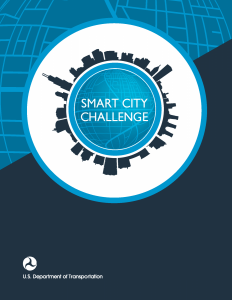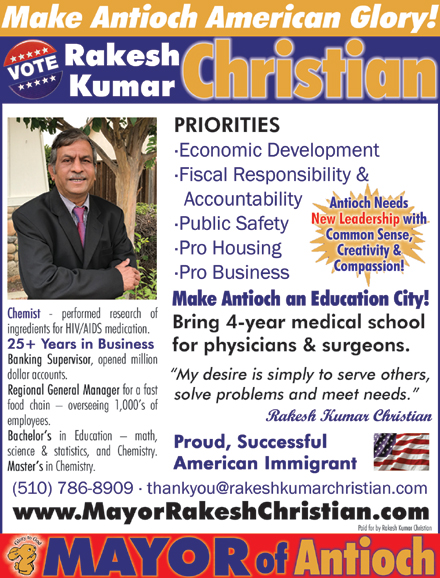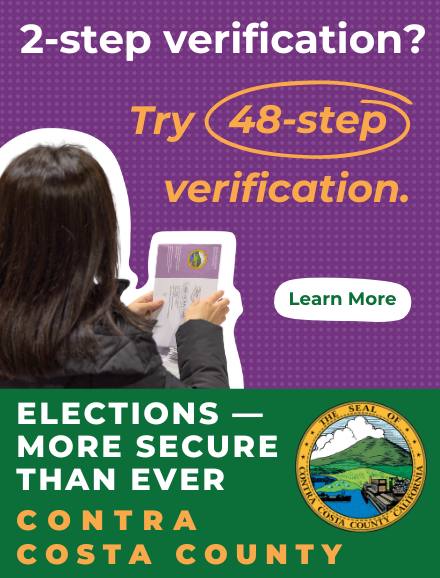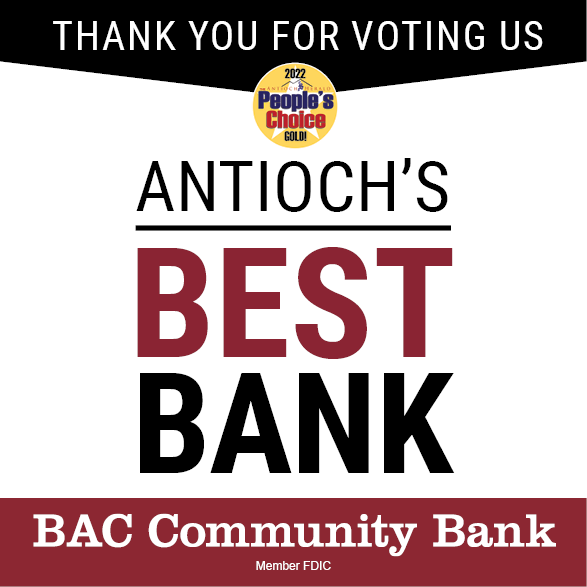Reps. DeSaulnier, Smucker introduce bipartisan bill to spur innovative changes to transportation systems
 Washington, DC – Today, Wednesday, October 4, 2017, as we recognize National Smart Cities Week, U.S. House Transportation and Infrastructure Committee Members Representatives Mark DeSaulnier (D-CA) and Lloyd Smucker (R-PA) announced bipartisan legislation that would establish $100 million in new grant funding for cities to invest in and use innovative technologies and solutions for the purpose of improving transportation and mobility. The Moving FIRST Act (H.R. 3901) was introduced to build upon the Department of Transportation’s Smart Cities Challenge, by increasing the funding available and making it an annual grant opportunity.
Washington, DC – Today, Wednesday, October 4, 2017, as we recognize National Smart Cities Week, U.S. House Transportation and Infrastructure Committee Members Representatives Mark DeSaulnier (D-CA) and Lloyd Smucker (R-PA) announced bipartisan legislation that would establish $100 million in new grant funding for cities to invest in and use innovative technologies and solutions for the purpose of improving transportation and mobility. The Moving FIRST Act (H.R. 3901) was introduced to build upon the Department of Transportation’s Smart Cities Challenge, by increasing the funding available and making it an annual grant opportunity.
“Seventy five percent of all Americans are expected to live in urban areas by 2050. We need to invest in the best way to move our people and our goods in ways that reduce congestion, improve public health, and are tailored to the needs of our communities,” said DeSaulnier. “We’ve already seen how smart technologies succeed in the Bay Area and California, and I am proud to partner with my colleague Representative Smucker to create grant opportunities for cities across the nation, and of all sizes, to advance cutting edge technologies.”
“This week is National Smart Cities Week – a perfect time to refocus our efforts in support of innovative and creative solutions to help our cities work better,” said Smucker. “Investments in smart infrastructure projects help move people to job centers, products to market, and connect economic hubs. Expanding initiatives like the Smart Cities Challenge will help kick start improvements in transit and connectivity in cities like Lancaster and Reading. I am glad to work with Rep. DeSaulnier to introduce the Moving FIRST Act and I look forward to continuing my work to improve our nation’s infrastructure.”
H.R. 3901 would make annual grant awards available to communities of all different sizes which seek to advance projects like autonomous vehicle technology and sensor-based infrastructure in order to meet the transportation challenges they face. Specifically, the bill establishes the Strengthening Mobility and Revolutionizing Transportation (SMART) Challenge Grant, which will annually award:
- A large city with up to $50 million in grant funding
- A mid-sized city with up to $50 million in grant funding
- Two rural communities or regional partnerships with up to $20 million in grant funding or 20% of the total funds available
Senators Catherine Cortez Masto (D-NV) and Richard Burr (R-NC) introduced companion legislation, S. 1809, in the Senate.
National Smart Cities Week brings together city leaders, innovative companies, and policymakers to engage in a national dialogue to better understand and prepare for the ways new technologies will impact the ‘city of the future.’
the attachments to this post:



























